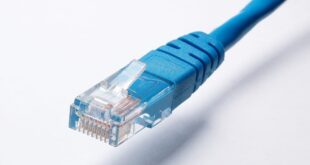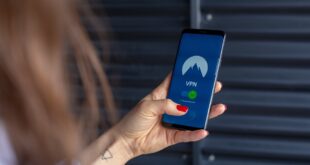10 Cyber Hygiene Tips to Safeguard Your Digital Life
Living in the digital era means we put our personal and financial data on the line every time we connect to the internet. That’s why it has become critical for all of us to be diligent and cautious about our cyber hygiene to protect ourselves against cyber threats. The good news is following best practices should keep us away from most vulnerabilities that hackers can exploit.
1. Install Anti-Malware Software
One of the easiest steps you can take to protect yourself is installing trustworthy anti-malware software. Keeping your security software up-to-date creates an impermeable barrier against even the sneakiest hackers.
2. Regularly update software, apps, and operating systems
Updates are much more than just annoying pop-ups. All those notifications nagging you to restart your system do have a useful reason – they are patching known exploits or weaknesses in the system. Ignoring them, you’re leaving the door wide open for malware to come in.
3. Multifactor authentication is essential
Activating multifactor authentication safeguards your account against hacks by adding an additional complexity factor such as a fingerprint or a two-factor authentication code. It significantly improves the safety and security of your digital identity.
4. Find and protect personal information
Over the years, you may have crisscrossed the web, and your personal information may have seeped through various sources. Start with setting up identity monitoring – some providers bend their backs to keep a vigilant eye on varying bits of your information such as Social Security number or home address.
5. Stay away from unprotected and dubious sites
In most cases, a little red flag should guide you in the right direction —these flags can be displayed in different algorithms that warn you of potentially unsafe websites. Think twice before clicking on links leading to unknown territory or providing personal information to a questionable site.
6. Be mindful of Wi-Fi Use
Public Wi-Fi spots pose an increased risk of data snooping and spying. Often coffee shops, airports, shopping outlets – are popular places for cyber attackers to vacuum up data. Always use encryption for Wi-Fi connections, especially for producing certificates and keys.
7. Simplicity is best for Passwords
Keep your password formation straightforward and unique, eschewing passwords on other webites. After that, avoiding consistently repeated or easily-perjured reuse of passwords for different applications are accommodating behavior for safeguarding a passphrase. You mess up these and waves goodbye to control over the flurry of information that goes through a profile or blog.
8. Use Encryption routinely
If you communicate digitally, e-mail encryption should be close to your heart—encryption conceals emails after they send from hackers, only falling from decryption. Thanks to encryption, sensitive documents, and highly confidential conversations can cross high-security boundaries even in shared networks without the threat of the interception of their intended end targets.
9. Keep Backups on Hand
Data loss is mild to downright unbearable, but safeguarding all our digital data can be time-consuming and labor-intensive. The easiest way to reconnect to lost data is to create copies, if not into solid storage discs or fancy drives.
10. Educate Yourself, Friends, and Family
The safe-keeping of digital infrastructure is as dependent on smarter and better-informed you, me and our loved ones’ acts.By teaching others simples tips, the public can defend itself much more effectively as a whole from these threats.The knowledge for safeguarding private data encrypted in emails, access credentials or important messages could make significant differences in years to come.
Stay Safe, Happy Browsing!
These tips aren’t rocket science but need to be applied consistently to make you protected against malicious cybercrime. Follow these simple yet straightforward cybersecurity hygiene practices religiously -a pinch of consciousness-is a hallmark of best protective practices, and it’s not too far to change your habit, soon you make it long-lasting better practices!
 Mind Uncharted Explore. Discover. Learn.
Mind Uncharted Explore. Discover. Learn.



